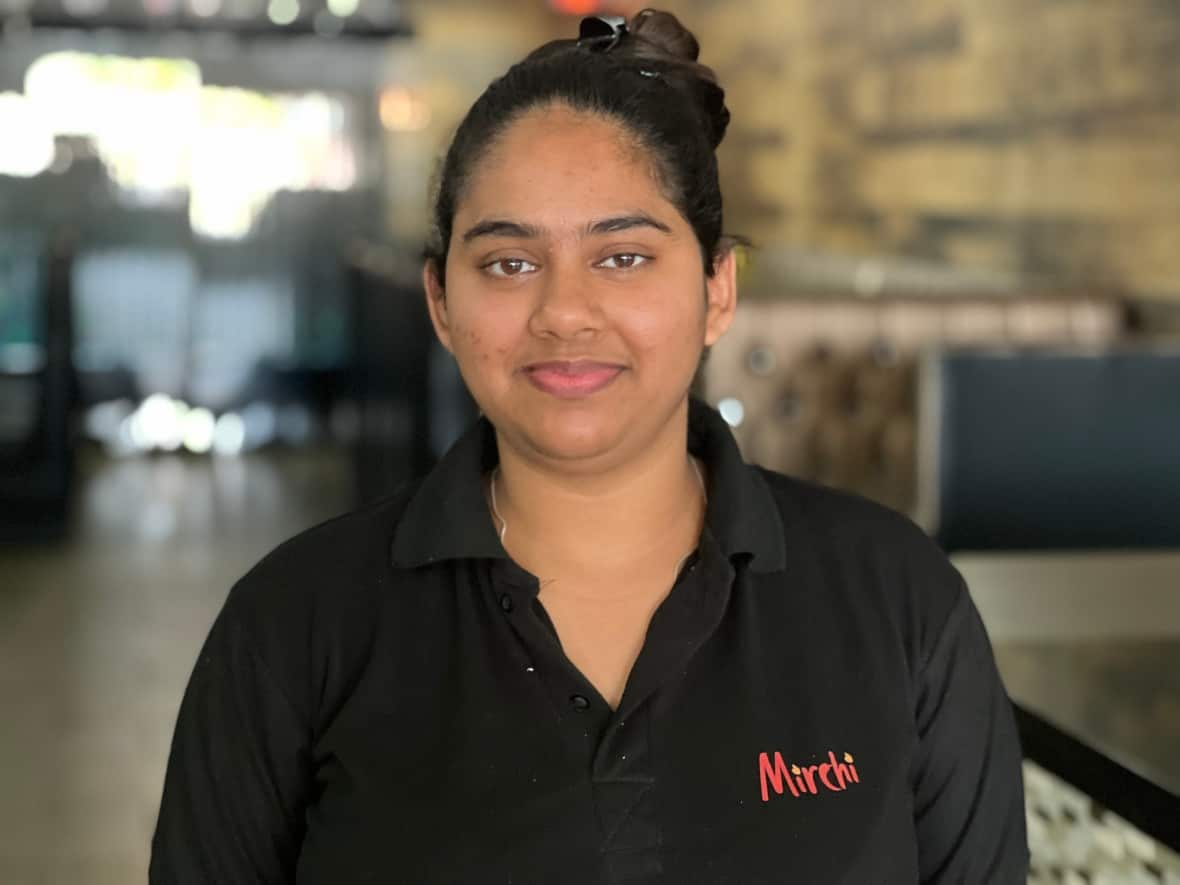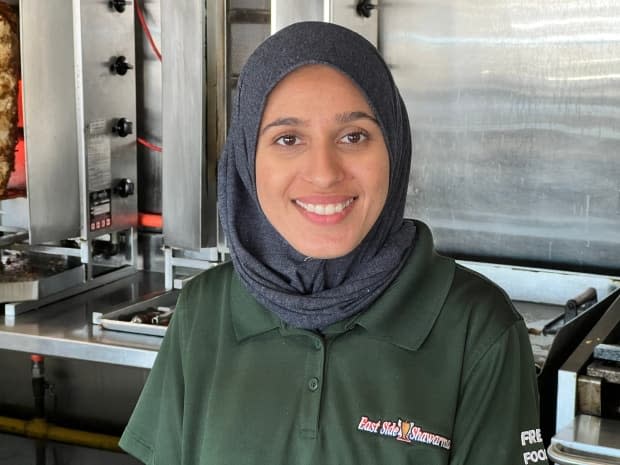Windsor sees rise in South Asian languages, Arabic as first spoken language: StatsCan

The number of people who speak South Asian languages or Arabic as their first language in Windsor-Essex has seen a sharp rise since the last census, something that people in those communities say reflects the region's growing multiculturalism.
According to data from Statistics Canada, in 2016 there were 8,145 people who spoke a South Asian language, such as Punjabi or Hindi, as their first language, compared with 14,185 in 2021.
That's an increase of 74 per cent.
Similarly, there was a rise of about 23 per cent in the number of people with Arabic as a first language, growing from 14,435 to 18,150.
Rupinder Kaur came to Canada in 2020 as a student and remains in Windsor on a work permit.
"It's very helpful for me," said Rupinder Kaur, whose first language is Punjabi. "There's more of the Asian community, they speak my language, and it is easy for me to go with them. I feel good with them because I can understand everything and they've helped me to get new things here."

The trend in Windsor-Essex is also playing out nationally. The census found more Canadians than ever have a first language other than English or French.
Statistics Canada data show one in four Canadians, or nine million people, spoke another language as their first.
The growth rate of the population speaking a South Asian language was at least eight times the growth rate of the Canadian population. StatsCan said this is because of immigration.
Canadians who reported speaking Arabic at home increased by 28 per cent.
Banian Al-Khamber was born in Iraq and speaks Arabic as a first language. She moved to Canada when she was two years old and wasn't surprised by the rise.
"Canada is a very welcoming country, it's very multicultural," said Al-Khamber, who works at a shawarma restaurant in Windsor's east end. "I'm happy to see that, but I didn't notice the past couple of years it's been rising because, as I said, everyone is welcome here. We feel like some people come here to feel safe."
Nandini Tirumala, the program director at the South Asian Centre of Windsor, said many emigrating from India choose Ontario, with many coming to the city.
"Windsor has been a favourable destination for those who seek employment in the Detroit area and for those who are looking at affordable housing," she said.
Tirumala also says the fact that Windsor is a smaller, welcoming community — makes it everything that families are looking for.

Windsor city councillor Jeewen Gill is embracing the variety of languages spoken in the city.
"I love the diversity we are living in and enjoying different cultures, the different languages spoken," said Gill. "This is one of the most diverse cities in Canada. So we should take advantage of the good things about the other cultures and other languages and move in that direction to make it a more beautiful city."
Additional data released by StatsCan states that nearly seven in 10 Canadians whose first language is neither English nor French speak one of the two official languages.
StatsCan data shows 189,000 Canadians speak Indigenous languages as a first language. The most popular dialects are Cree and Inuktitut. The report states 243,000 Canadians are able to hold a conversation in an Indigenous language.


